Serving The Wasatch Front Area

Garages and Home Heating: What to Consider
November 19, 2019
Do you need to heat your attached garage? If your HVAC
system doesn’t already extend into this area, take a look at the questions you
need to ask before the winter is in full swing.
How Do You Use the Garage?
This question can guide the rest of the decision-making
process. If you use the garage as a place to store summer gardening equipment,
you likely don’t need to heat it. But if you have climate-sensitive items or a
car in storage, you may want some heat.
Homeowners who use their garage as a functional room, such
as a home office or home gym, will almost always need to extend the HVAC system
into the area. While other options such as a space heater can temporarily warm
the immediate area, you may want a more permanent fix.
How Insulated Is Your Garage?
A well-insulated garage can hold some of the heat the rest
of your house lets in during the winter months. While you can’t expect it to
stay as warm as the living room, basement, or any interior area, the better
insulated your garage is, the less likely it is that you’ll need to heat it.
If you garage isn’t insulated, you may want to think twice
about heating it. You should consider several factors when you evaluate your
garage’s insulation. Along with the exterior wall insulation, look for
insulation between the ceiling and the roof/second floor level and in the door.
An uninsulated garage door or one with multiple single-pane windows can let the
warm air out and the cold winter air in.
Lack of insulation doesn’t necessarily mean you should or
shouldn’t heat your garage. Instead, it adds another home improvement project
to your list. If you want to heat your garage, but it isn’t insulated, talk to
a contractor about adding insulation before you install new ductwork. This can
save you time and money after you turn your new HVAC extension on.
Along with wall or ceiling insulation, you may also need to
install a new garage door. An insulated door with no or multi-pane windows can
lock the warm air in — especially if you don’t open it often or at all.
Are Pipes Exposed?
Pipes can freeze when the temperature gets to 20 degrees
Fahrenheit and below. Exposed, uninsulated pipes in an unheated garage space
can freeze, burst, and cause serious damage to the area.
An HVAC system that heats the garage is an easy way to
reduce the risks of freezing and plumbing failure. While you will need to spend
money to extend your home’s heating system into the area, burst pipes may cost
you more. Not only will you need to pay a plumber to repair or replace the
pipes, you may need to also replace drywall, flooring, wooden framing,
electrical wiring, and anything in storage.
What Are Your Heating Options?
After you weighed the pros and cons, you decided to extend
your home’s heating system into the garage. Now what? If you have a forced air
system that uses ducts, talk to the HVAC contractor about how to extend the
ventilation into the garage space. But what happens if your home has radiators,
another type of heating, or you don’t want to extend the air ducts into the
garage space?
Again, a space heater type of solution isn’t a permanent
strategy. A ductless system is an alternative that comes with an obvious
advantage — no ducts. This option is typically easier to install and can heat
only the garage area when needed.
Do you need an HVAC system update or new install?
Contact Comfort Solutionsfor more information.
Recent News
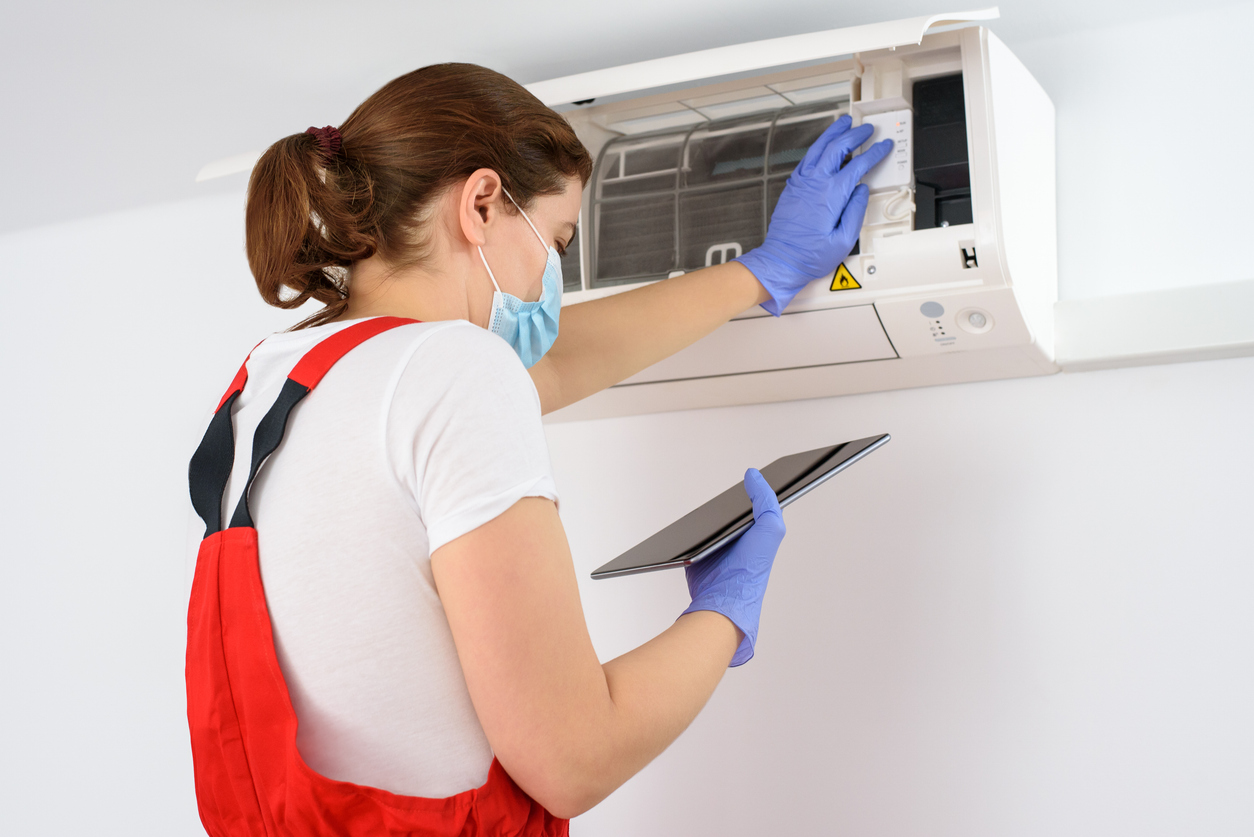
When to Upgrade Your AC Systems: Benefits & More
February 25, 2025

Why Remote Workers Should Upgrade Their HVAC
February 10, 2025
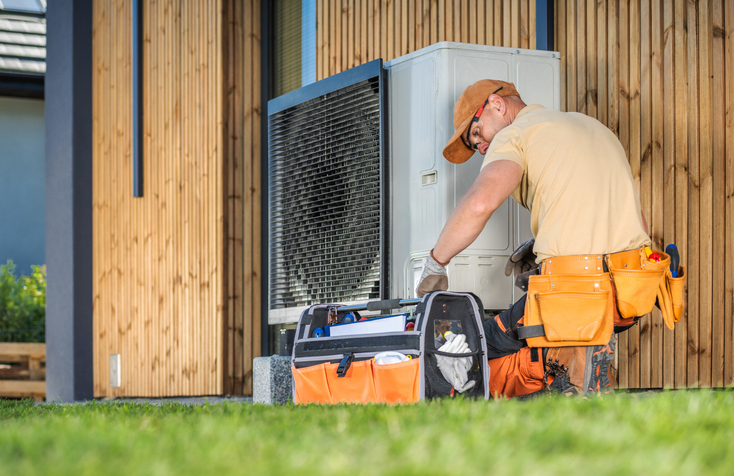
Common Home Heating, Furnace Repair & Replacement Myths
February 7, 2025
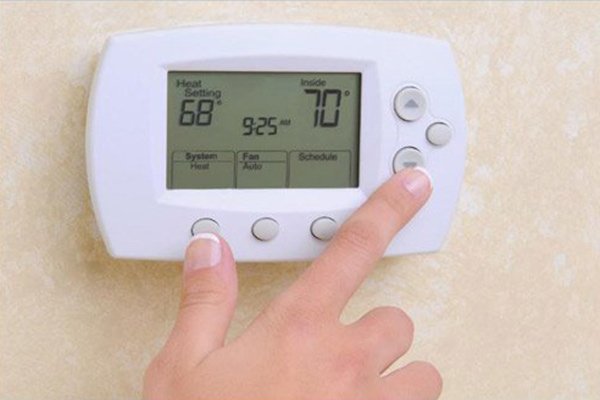
Keep Your Fireplace and HVAC Systems Running Strong All Winter
December 6, 2024
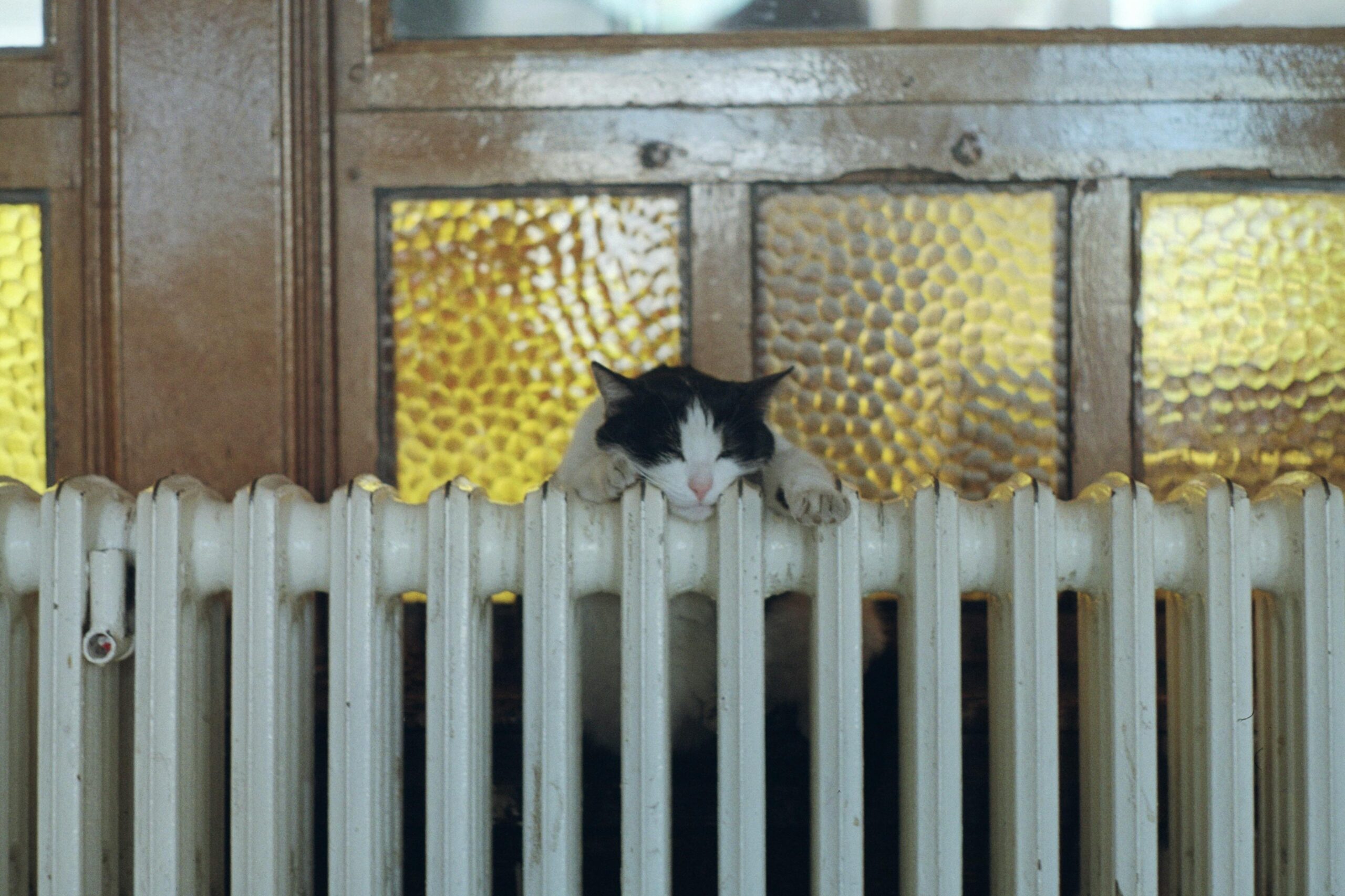
Your Comprehensive Heating Guide: Installation, Repair, Efficiency & More
September 18, 2024
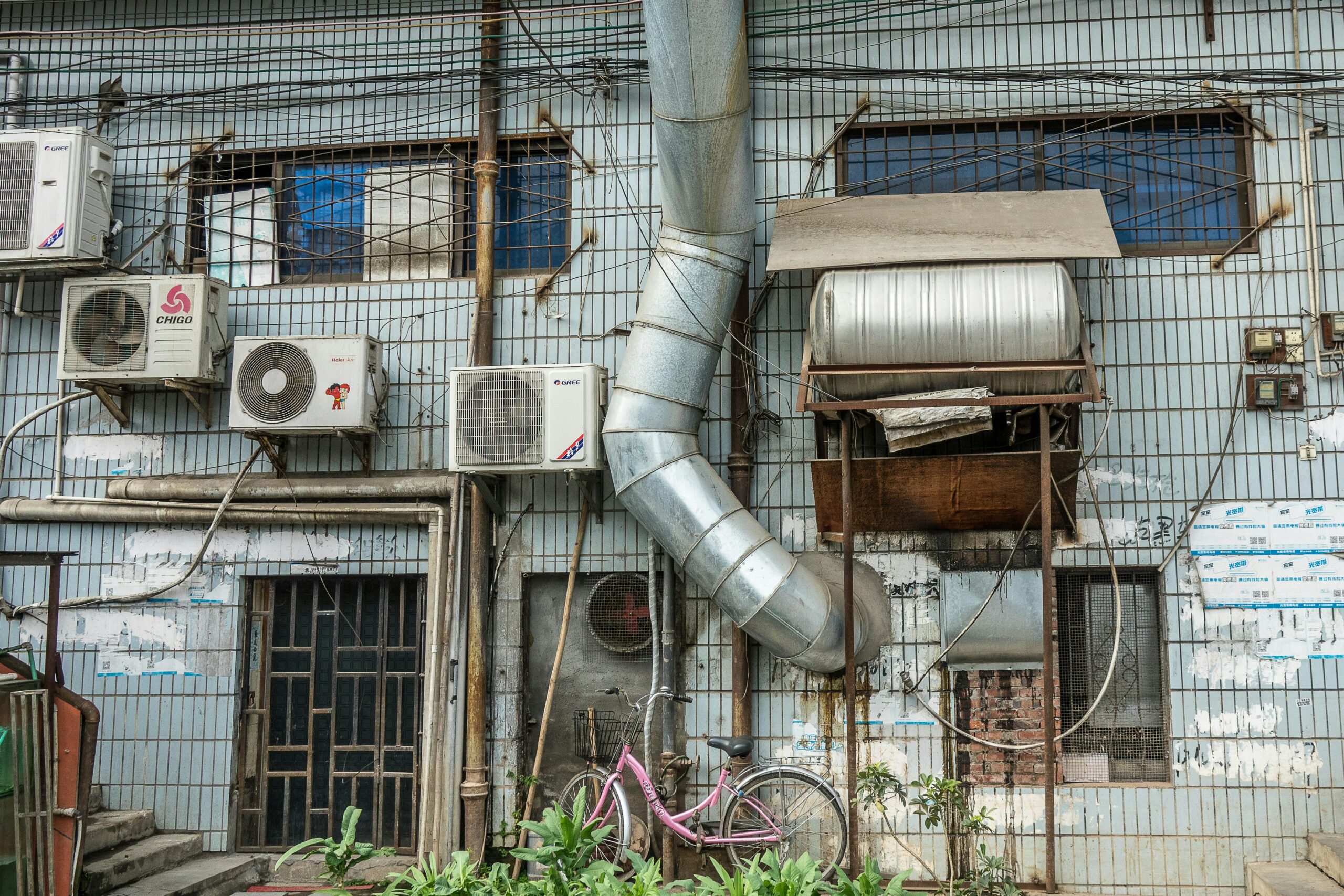
HVAC System Replacements: How to Act Fast and Get it Done Right
September 17, 2024

